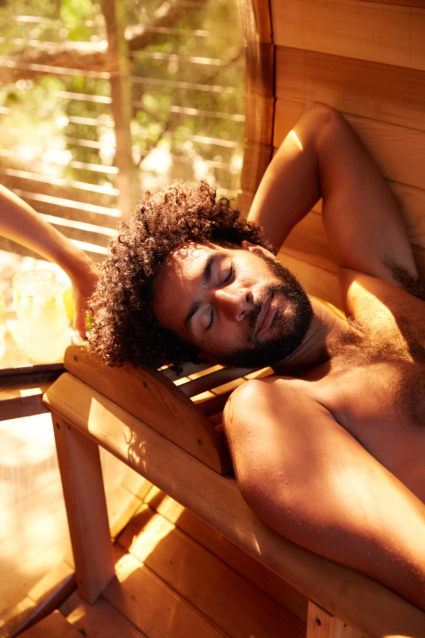Fragrances
Confections
Candles
Gift Sets
Pets


Can’t sleep? You’re not alone. Struggling to fall asleep – or stay asleep – affects 50-70 million Americans each year. The CDC even named insufficient sleep a “public health problem” given the link to chronic health conditions, accidents, and injuries. Women experience insomnia a whopping 40% more often than men and people with insomnia are 5X more likely to suffer from depression.
Getting enough sleep isn’t a luxury; it’s something we all need in order to lead healthy lives. Read on to discover what might be keeping you awake, how you can improve your sleep “hygiene,” and why CBD might be your best insomnia solution.
There are several reasons why you’re not catching zs, some avoidable and others maybe not so much. Stress, caffeine, excess sugar and alcohol all can disrupt our circadian rhythms, our 24 hour sleep-wake pattern. Hormones, sensitivity to light – blue light in particular – noise, travel, and an irregular schedule all can contribute to insomnia. Having to care for pets or tiny humans who wake up in the middle of the night also can disrupt sleep.
Other habits that lead to insomnia include not sticking to a regular sleep schedule, watching screens too close to bedtime (but who doesn’t do this?), or not having a comfortable and quiet sleeping space. Not being able to fall or stay asleep is very normal, especially given the demands of modern life, but what if it’s occurring on a regular basis?
While CBD can’t eliminate the life stressors that might be contributing to your insomnia, the good news is it can help get your sleep back on track. CBD may indirectly help you sleep by alleviating other conditions, said Ryan Vandrey, professor of psychiatry and behavioral sciences at the Johns Hopkins University School of Medicine and principal investigator at the university’s Cannabis Science Laboratory.
For example, if pain is keeping you awake at night and CBD helps lessen your discomfort, you may be able to sleep better. Similarly, if you can’t sleep because you’re anxious, “CBD may reduce anxiety,” which, in turn, may help you sleep.x
It’s typically recommended to take CBD 30-60 minutes before going to bed. This will provide your body enough time to absorb your dose. Consuming edibles or an elixir are the best options, although applying a CBD topical to alleviate pain can help you sleep better too.
It’s best to start with a smaller dose at first, around 25mg, and if you are tolerating that dose well then you eventually can ingest somewhere between 25-75 mg in order to achieve best results.

In addition to trying CBD for insomnia, one of these relaxation techniques might calm your body, quiet your mind, and help you settle gently into sleep.
Counting slow, deep breaths in a 4-4-4-4 ratio can calm you. This box breathing method, also known as pranayamic breathing, is believed to help reduce stress in the nervous system and prepare the brain for sleep.
An intentional mental scan from head to toe, this type of meditation is easy to practice and can help you fall asleep.
Whether it’s mindfulness or meditation, a white noise noise machine or CBD, it’s important to try new things to discover what works for you. Consistency and compassion for yourself are key too as you learn, or re-learn, how to improve your sleep.